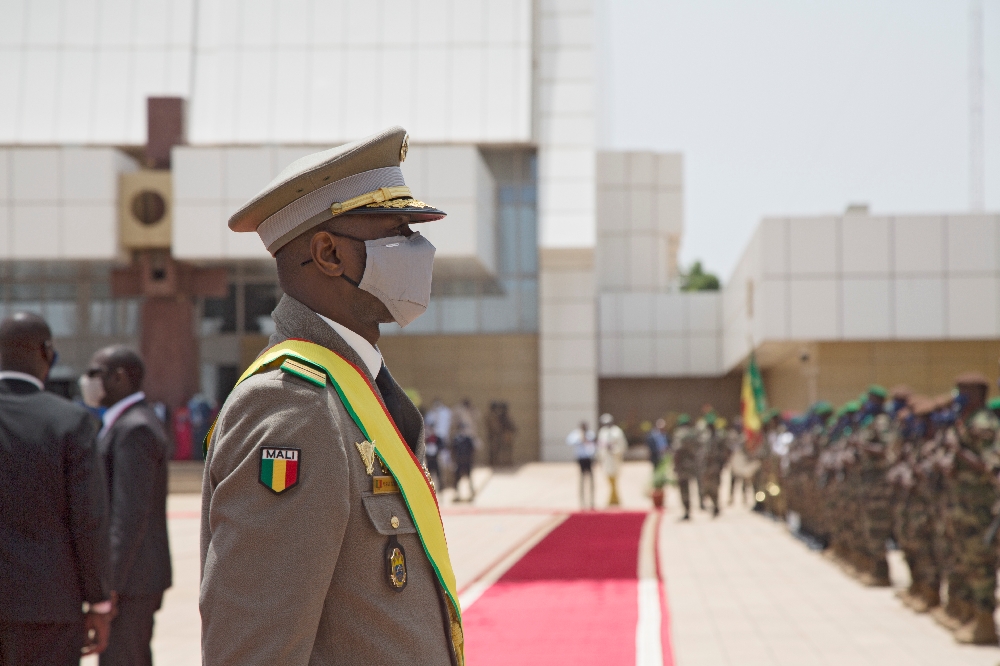Mali’s new government has less than nine months to steer one of the world’s most troubled countries back to civilian rule while fighting a jihadist insurgency.
It also has to ease tensions with France, its major ally, and defuse a dispute with trade unions.
Following is a summary of the main issues facing it:
Election deadline
Strongman Colonel Assimi Goita last month carried out Mali’s second coup since August.
He forced out the civilian president and prime minister of an interim government that, under international pressure, was appointed after the first putsch.
The government had set the deadline of February 27, 2022 for holding democratic elections – a timetable that Goita has vowed to uphold.
He has appointed himself president and named a civilian, veteran politician Choguel Kokalla Maiga, as prime minister. His cabinet, unveiled on Sunday, retains the military in key positions.
Nine months of the 18 months earmarked by the original government for restoring civilian rule have already gone by, leaving an ever-steeper mountain to climb.
The preceding transitional government also declared it would hold a constitutional referendum by the end of 2020.
Maiga himself has referred to a “race against time” and admitted that it will not be possible to do “everything in the short time available”.
Yacouba Dogoni, a sociologist based in Mali’s capital Bamako, says the government will need to prioritise.
“Holding elections is important for the international community and the sub-region, it must be done,” he says.
But there are fears that rushed elections will usher in a government just as dysfunctional as the last.
Restoring security
Maiga’s other “priority projects” include restoring security in the war-torn country and clamping down on corruption.
Dogoni, the sociologist, said that the plans “fall within the normal prerogatives” of a prime minister — but he questioned their feasibility.
“As long as there is insecurity, the other projects will not be able to move forward,” he said.
Huge tracts of Mali lie outside of government control because of the jihadist conflict that has raged in the country since 2012.
For example, only 14% of civil-servant positions in the lawless north of the country are filled, according to the United Nations.
The new transitional government takes office just as France has suspended joint military operations with Malian forces pending guarantees about restoring civilian rule.
Mali’s former colonial power has 5 100 troops deployed in the Sahel region to fight jihadists.
French President Emmanuel Macron also announced a major troop draw-down last week — a cause for concern in Mali, where the army is underfunded and poorly equipped.
Labour unrest
Compounding problems, Mali is also roiled by labour disputes.
The country’s main trade union UNTM launched nationwide strikes in recent weeks, bringing banks and government offices to a standstill, after pay negotiations with the government broke down.
Industrial action has been called off for now, but the UNTM on Tuesday gave Maiga 10 days to respond to demands.
And on the political front, several formally influential parties have been sidelined, with some already warning about the risks of a “non-consensual transition”.
Source: AFP


